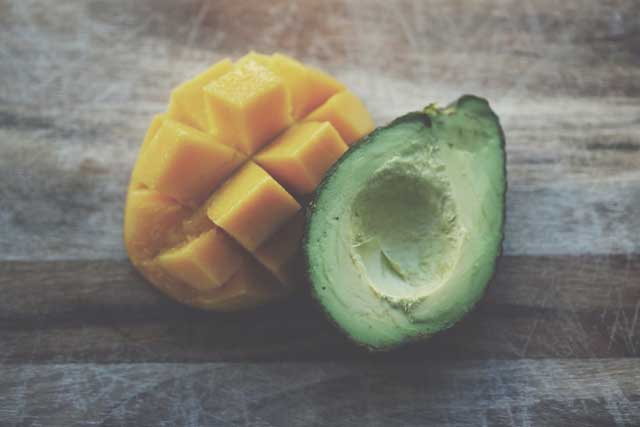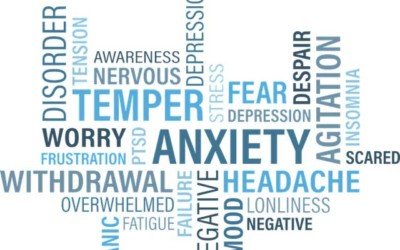You know that good nutrition is important for your child’s physical health. But did you know it’s also critical for their mental health as well? Hippocrates, the father of medicine said, “Let food be thy medicine and medicine be thy food.”
With that in mind, here are 4 tips for raising healthy eaters.
1. Give Your Kids Whole Foods – Not Processed
As much as possible, serve your kids fresh foods free of preservatives, additives, and excess sugar. To do this, you’ve got to read those labels.
For instance, your child, like many others, may want to eat peanut butter sandwiches for lunch every day. But most commercial peanut butters typically include added preservatives and copious amounts of sugar. Try and find peanut butter made only from fresh peanuts and no additives.
2. Healthy Breakfasts
Starting your child’s day with a healthy breakfast high in protein and whole grains and low in sugar will set them up for a day of learning and physical activity. While it’s hard to get the family together for breakfast, sitting down with them to eat is a great way to get them to gobble up their eggs instead of lamenting over the bowl of sugary cereal they can’t have. Plus, this morning time is a great opportunity to talk with them about their goals and hopes for the day.
3. Essential Omega Fatty Acids
A new study suggests that supplementing kids diets with omega-3 and omega-6 acids may improve problem behavior in children and adolescents with ADHD. Omega-3 and omega-6 fatty acids are called “essential” acids because the body needs them to build healthy cells and maintain brain and nerve function.
Omega-3 acids can be found in fatty fish such as salmon, mackerel and tuna, as well as from walnuts and flaxseeds. Other nuts such as cashews and almonds (try almond butter instead of peanut butter) contain omega-6 as well as omega-3. Try the classic tuna fish sandwich for lunches and sprinkling chopped nuts onto oatmeal in the morning.
4. Let Your Kids Help You Prepare Meals
People who prepare fresh meals made from whole foods tend to be healthier than people who eat primarily packaged foods. It’s important to teach kids early that taking a little time to prepare a meal (instead of microwaving a frozen dinner) will ultimately lead to a healthier and happier life.
Kids love to help in the kitchen, so invite yours to help prepare family meals. Show them how quick and easy it can be to create a healthy dinner.
While good nutrition can go a long way in helping children deal with and overcome mental health challenges, such as ADHD, sometimes speaking with a family therapist can also help a family to communicate more effectively and begin healing.
If you or a loved one is interested in exploring treatment, please contact us today. We would be happy to speak with you about how we may be able to help.

6 Signs Your Teen May Be Depressed
As teens struggle through the tough transition period of childhood into young adulthood, it can be difficult to decipher a teen’s behavior. Are their out-of-control emotions and conduct a result of the natural process of adolescence, or is it something more serious?...
How to Help Your Child Athlete Through a Loss
Kids love playing sports. And parents love that their kids can get all of that excess energy out while learning the benefits of hard work and comradery. But with the thrill of competition comes the hard reality: that sometimes you lose. Some children are barely...
5 Ways to Cope with Anxiety as a Parent
The hard work and unpredictability that makes parenting so rewarding can also cause a great deal of anxiety. Here are some simple ways to bring yourself to a place of calm. Make a To-Do List Ruminating on worries can cause lots of stress. Clear your mind by making a...
Quick! Get Your "Top Tips For Getting the Most Out of Counseling" Cheatsheet!
Like some of what you've seen and want to see more? Sign up for our Mailing List for a free cheat sheet on making the most out of counseling. Our list members also gain access to exclusive specials and announcements, as well as the latest from our Counseling Blog!





